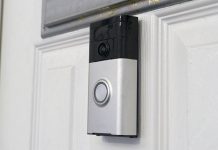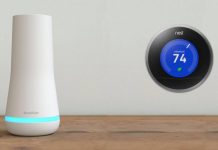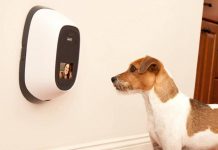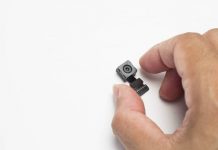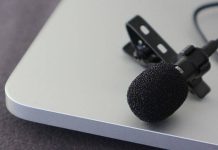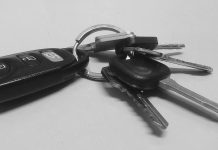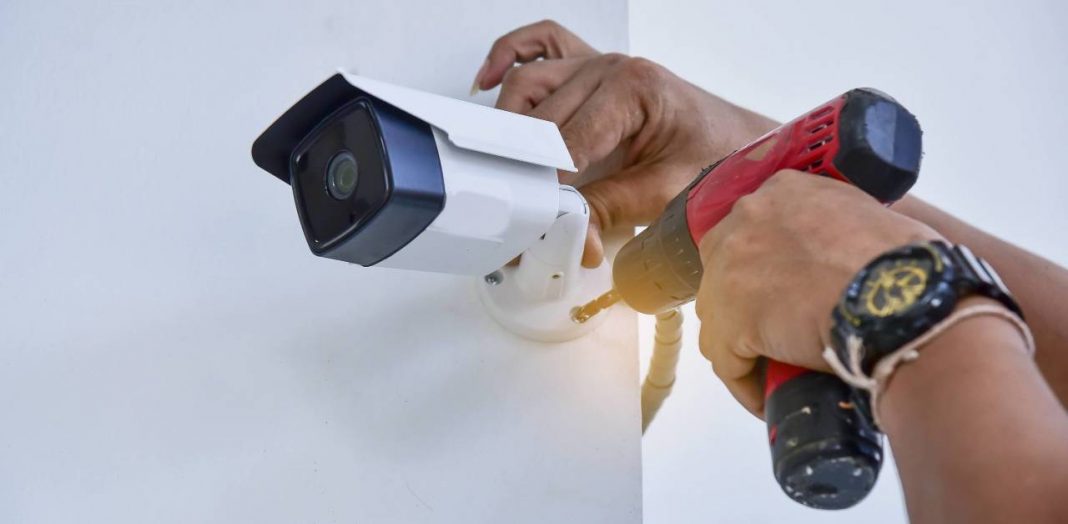UPDATED February 10, 2022 This piece has been updated to reflect the emergence of new technology


Christian Mathews Security Writer
While there are many benefits of a professionally installed alarm system in your home, you can also choose to self-install one. The market is full of DIY alarm systems that are simple to install and easy on the pocket. They generally don’t require any elaborate tools or technical expertise, making it easy for anyone to install. Read along to know all about how find the best self install home security system.
1What Are DIY Self Install Alarm Systems?
The best self install home security system should be affordable, easy to install, and powerful. They are perfect for studio apartments. Most alarm systems are connected to the home security system and get tripped if the home security system detects any unusual activity.
With a decent DIY self-alarm and home security system, you can rest assured that your home will be safe from burglaries and theft.
However, a DIY security system is not the perfect solution for everyone. People with large properties are better off installing a professional home security solution and hiring professionals to monitor the security arrangements accordingly. Either way, whatever you choose, you sleep with the guarantee of a safe home. It is definitely a worthy investment to make for your family.
2Security Alarm System Components
When buying an alarm system, it is essential to know all the required components. We have compiled a list of the most critical parts used in a security system.
Hub
The hub refers to the main control panel of the home security system. This is where you can control and view your entire security setup in one go. You can use the hub to activate and deactivate the entire home security system. You can use this to program your alarm settings as well as camera settings.
The functions of the hub depend on how smart and complex the home security system is. It is advised to place this close to the main entrance and near a power plug with a constant electricity source.
Cameras
Cameras form the backbone of the entire home security system and it’s important to know what security cameras are the best. They are primarily used to record and monitor all the activities within its purview. Most cameras have a small SD card within which stores all the information for a particular period. Smart camera systems are often connected to Wi-Fi and equipped to send video files via the internet.
Window / Door Sensors
All home security systems, be it DIY or otherwise, come equipped with window and door sensors in their package. Depending on the size of your home and the price of the home security system, there will be a set number of sensors provided by the manufacturer. Therefore, you must purchase a security system that will cover your entire home adequately, according to your personal preference. As the name suggests, window and door sensors work to protect all entry points in your house. They are used to detect activity around these areas.
Motion Sensors
Motion detectors are generally placed in areas where there is significant movement in the house. These devices are equipped to detect movement and report if there is any unusual movement during odd hours.
Many motion detectors are connected with the camera system, which starts recording the footage at the sign of any unwanted or unusual activity. Depending on the sophistication of the home security system, you may view the footage recorded in real-time via your phone or laptop. This feature is generally reserved for home security systems that are connected via the internet.
3Installing A DIY Burglar Alarm System
Installing a home security system can be a daunting process, especially if you are not a techie. But don’t worry, we’ve got you covered. Once you’ve found the best self install home security system, we have compiled three basic steps to install it.
Location Of Hub
The central hub or security panel needs to be placed close to the main door, with access to a power source nearby. Install the panel according to the instructions listed by the manufacturer. You will need basic tools like a hammer, pliers, nails, and electrical tape during the installation process. Keep these items handy to ensure a smooth installation process.
Place The Cameras, Detectors and Sensors Across Your House
The next step is to place all cameras, detectors, and sensors at appropriate spots across the house. Your DIY home security system will come with the following items – alarm, cameras, sensors, and detectors.
Most of these items come with adhesive stickers or other options that help you stick them to appropriate places in your house. Use the instructions given by the manufacturer to correctly set up all the components given in the home security system.
Test The System
Now is the most crucial step. If you have set everything correctly, you should have a perfectly functioning home alarm and security system that will keep your home safe from any unwanted troubles.
4Security Monitoring Options
There are two main options when it comes to monitoring the best self install home security system. For a simple home security setup, you can use your phone to track the security feed. If you have an elaborate home security system in place, it is advisable to employ professionals to keep an eye on things.
Self (Via App)
These days, most security systems come equipped with apps that allow you to monitor the footage collected via your smartphone. Security systems compatible with smart home systems come with this feature,
Connected via the internet, you can conveniently watch what is happening at home via your phone. This is great for households using indoor cameras to monitor your pets, children, or anyone needing care.
Professional (Paid)
Alternatively, you can pay someone to keep watch over your security and monitor suspicious activity. This is a solution that works great for big homes with multiple entry points and an elaborate home security system.
5Smart Home Integration
There are many different home security systems available that one can self install. If you have a smart home set up, you may be interested in what cameras work with Google Home or Alexa. While many are compatible, not all are, so make sure before you buy.



